I’m in the middle of a midlife crisis. No, that’s not it. I mean, quarter life crisis. You see, in my head I’m fifty, but I’m actually twenty-one. I guess other millennials out there, yes, YOU, can relate to me.
/ Jeg befinner meg i en midtlivskrise. Nei, det var ikke det jeg mente. Jeg mener kvartlivskrise. Du skjønner det, at, i hodet mitt er jeg femti, men jeg er egentlig tjueen. Jeg tror andre millennials ute der, ja, DU, kan relatere deg til meg.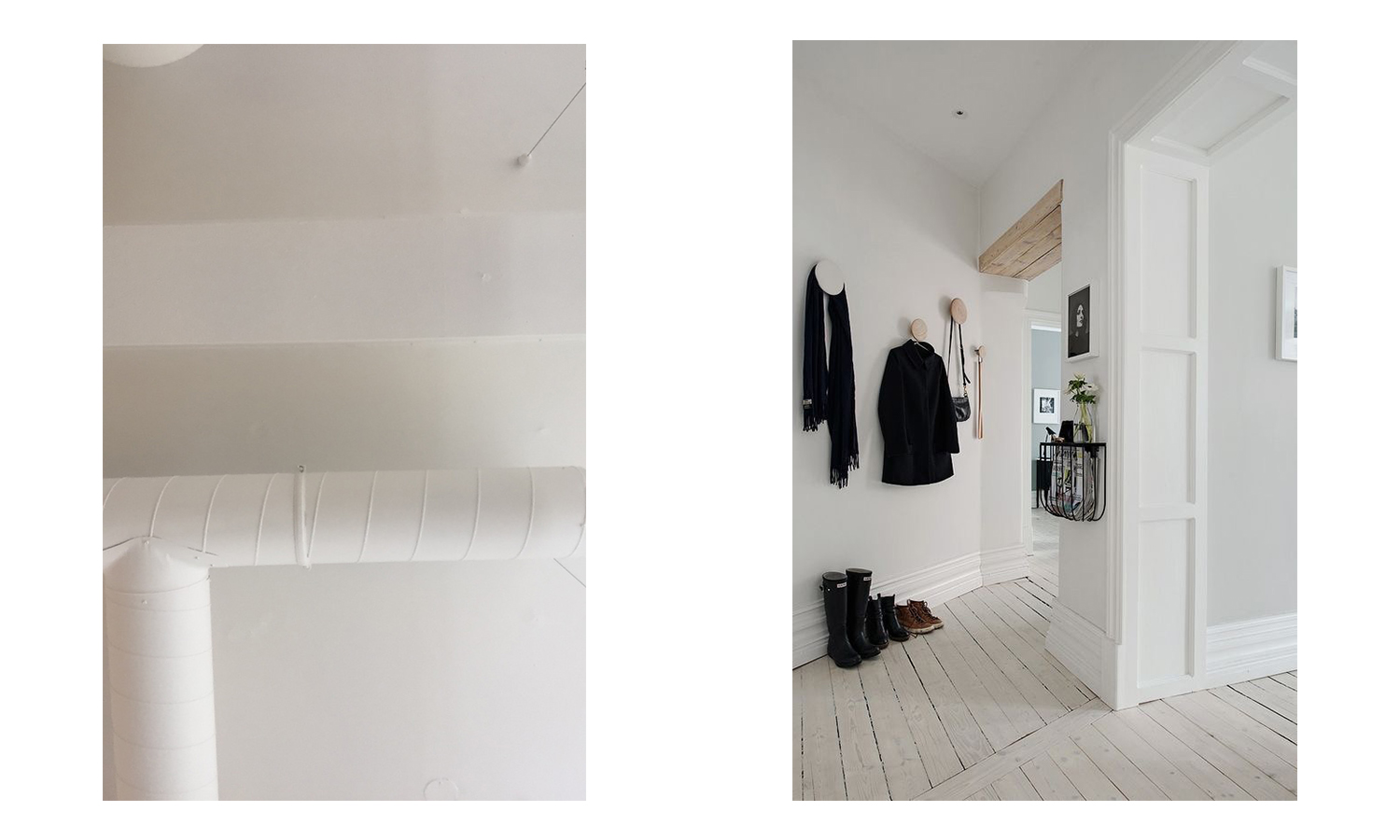
Let me explain. Those of us who have been raised in the Internet and Digital Technology era, we have more choices available to us, than any generation prior. Especially when it comes to how we choose to do our work. For at the age of information is starting to give way to the age of choices.
/ La meg forklare. De av oss som vokste opp i internett-og-sosiale-medier-tiden, har flere valg tilgjengelig for oss enn noen generasjon tidligere. Spesielt når det gjelder hvordan vi velger jobbe. Informasjonsalderen begynner å gi vei til valgsalderen.
Now, on one hand, this is great: we have a lot of choices. On the other hand, we have sooooo many choices. Do I want to get a nine-to-five or work at a start—up? Do I want to start my own business? Do I want to freelance? Do I want to work remotely or in an office? Do I want to prioritize money or fulfilment? Security or flexibility? My lifestyle or my career path? And these questions are incredibly important to us, because the quest for meaningful work is a hallmark of who we are as a generation.
/ På den ene siden er dette flott: vi har mange valg. På den andre siden har vi sååååå mange valg. Ønsker jeg en åtte til fire-jobb eller jobbe med å starte opp en business? Ønsker jeg å starte egen virksomhet? Vil jeg være freelancer? Vil jeg jobbe eksternt eller på et kontor? Vil jeg prioritere penger eller personlig utvikling? Sikkerhet eller fleksibilitet? Livsstil eller karrierevei? Og disse spørsmålene er utrolig viktige for oss, fordi søket etter meningsfylt arbeid er et kjennetegn på hvem vi er som generasjon.
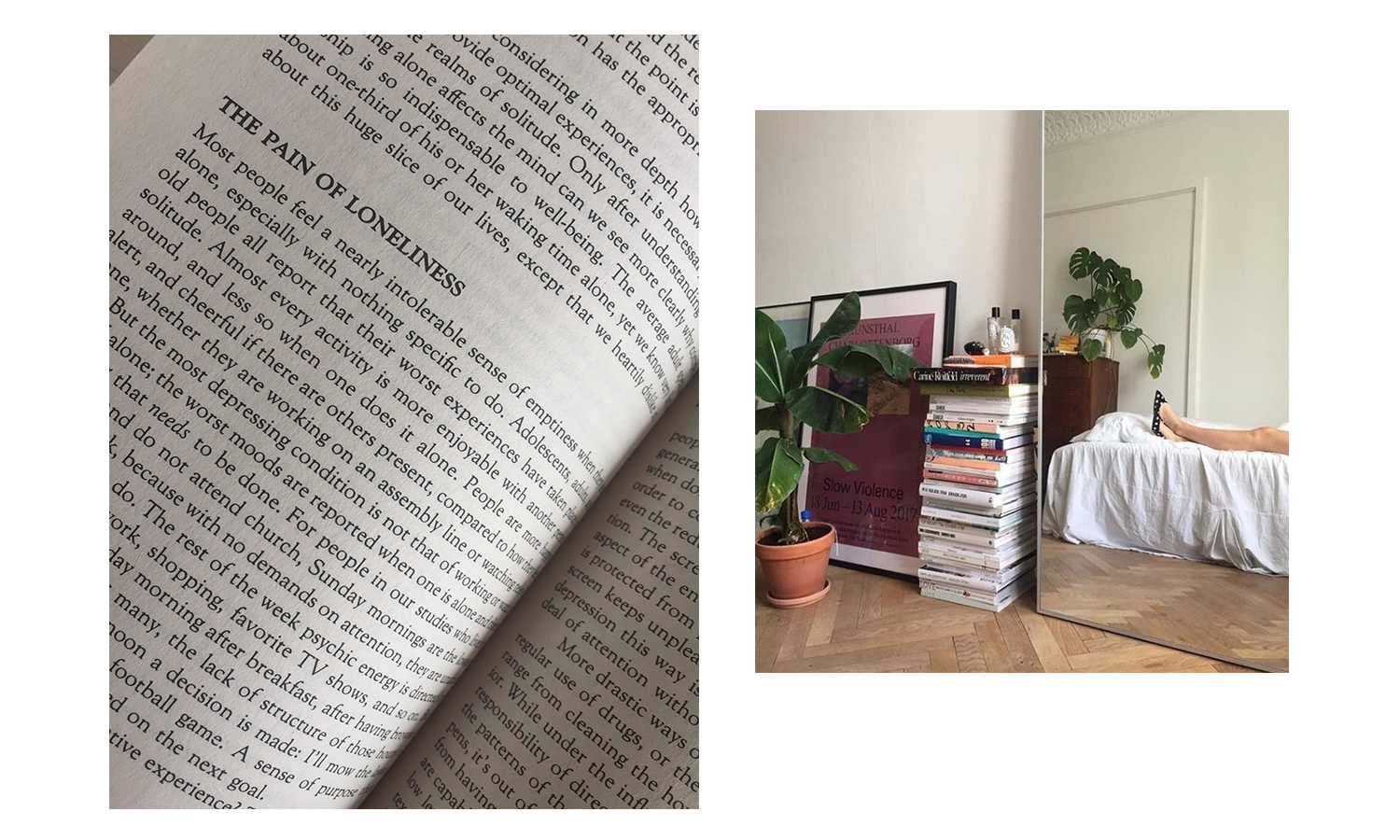
Many of us are going through the same thing and it’s what I’m calling a quarter life crisis. For those of you who have one, know what I mean, but for the rest of you, my definition of a quarter life crisis is that it’s a personal identity crisis typically experienced in one’s 20s or 30s involving profound angst and anxiety about the direction of one’s life and what next steps to take, particularly as it relates to finding meaningful work.
/ Mange av oss går gjennom det samme, og det er det jeg kaller en kvartskrise. For de av dere som har en, dere vet godt hva jeg mener, men for resten av dere er definisjonen min at det er en personlig identitetskrise som vanligvis oppleves i 20- eller 30-årene, og som medfører dyp angst over retningen i ens liv og hva neste skritt er, særlig når det gjelder å finne meningsfylt arbeid.
This often occurs during the transition from the academic world to the real world, when the once clear-cut path suddenly drops off, but can also happen a bit further down the line when one realized that they’ve checked all the boxes of what it means to be a responsible adult but that they’re still largely unfulfilled.
/ Dette skjer ofte i overgangen fra den akademiske verden til den virkelige verden, når den en gang klare veien plutselig sier stopp, men det kan også skje litt lenger fram når man innser at man har sjekket alle boksene av hva det betyr å være en ansvarlig voksen, men at man fortsatt opplever utilfredshet.
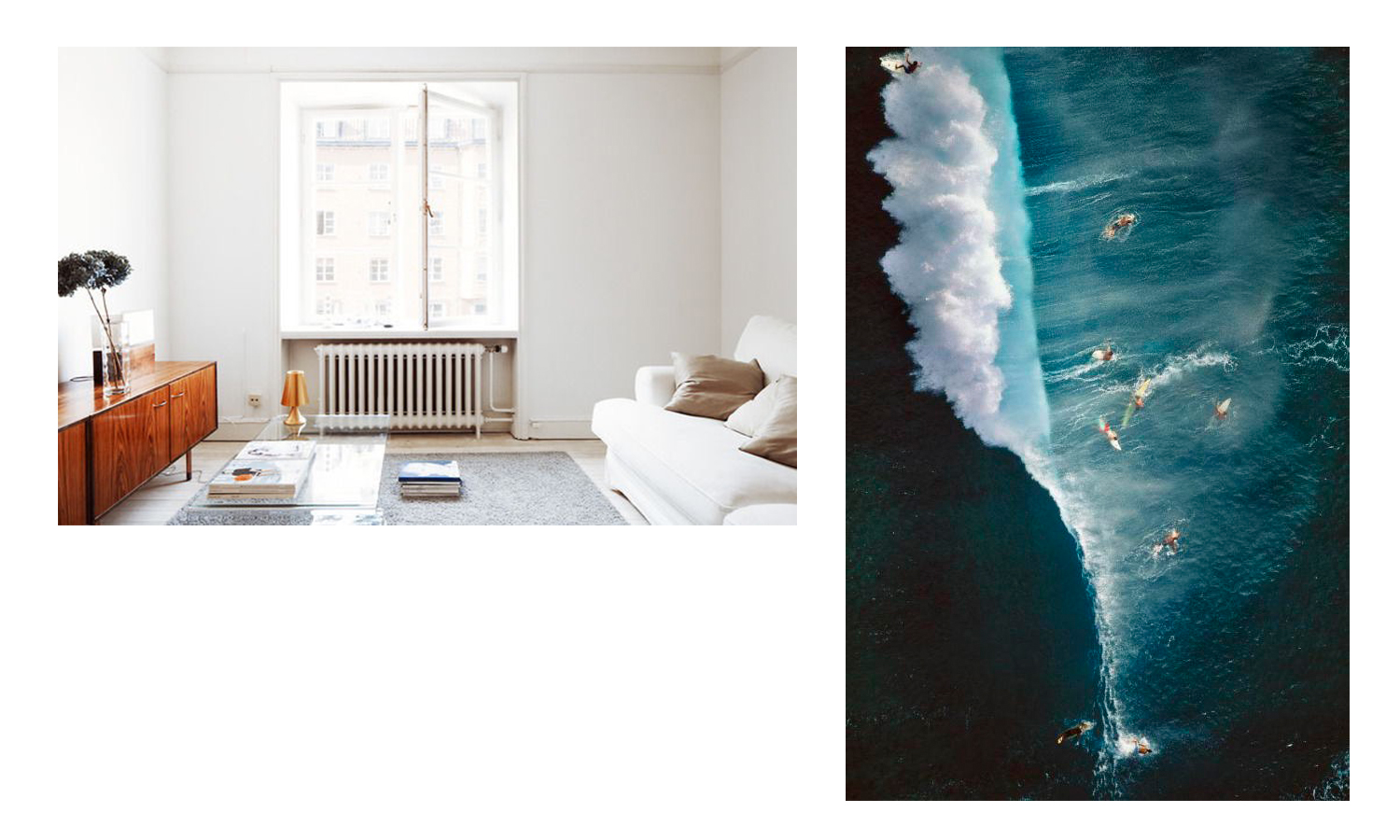
In some ways, the quarter life crisis is similar to another life crisis you might be more familiar with. The midlife-crisis. We all know those stories right, where the guy who’s been working at the same company for 40 years just up and quits one day and blows his life savings on a bright red Maserati.
/ På noen måter er kvartskrisen lik en annen livskrise du kanskje er mer kjent med. Midtlivskrisen. Vi kjenner alle disse historiene hvor fyren som har jobbet i samme selskap i 40 år bare avslutter en dag og blåser sparepengene på en lysrød Maserati.
The difference is that where the midlife crisis is typically in response to oppressive feeling of predictability, the quarter life crisis stems from a deeply disorienting sense of unpredictability. And now, much of an entire generation is stuck and emotionally shutting down in the face of overwhelming analysis paralysis.
/ Forskjellen er at midtlivskrisen oppleves på grunn av en undertrykkende følelse av forutsigbarhet, mens kvartlivskrisen gir en desorienterende følelse av uforutsigbarhet. Og nå opplever en stor del av en hel generasjon at de sitter fast, er paralysert av å analysere fortid og fremtid, og som en konsekvens blir følelsesmessig helt nede.
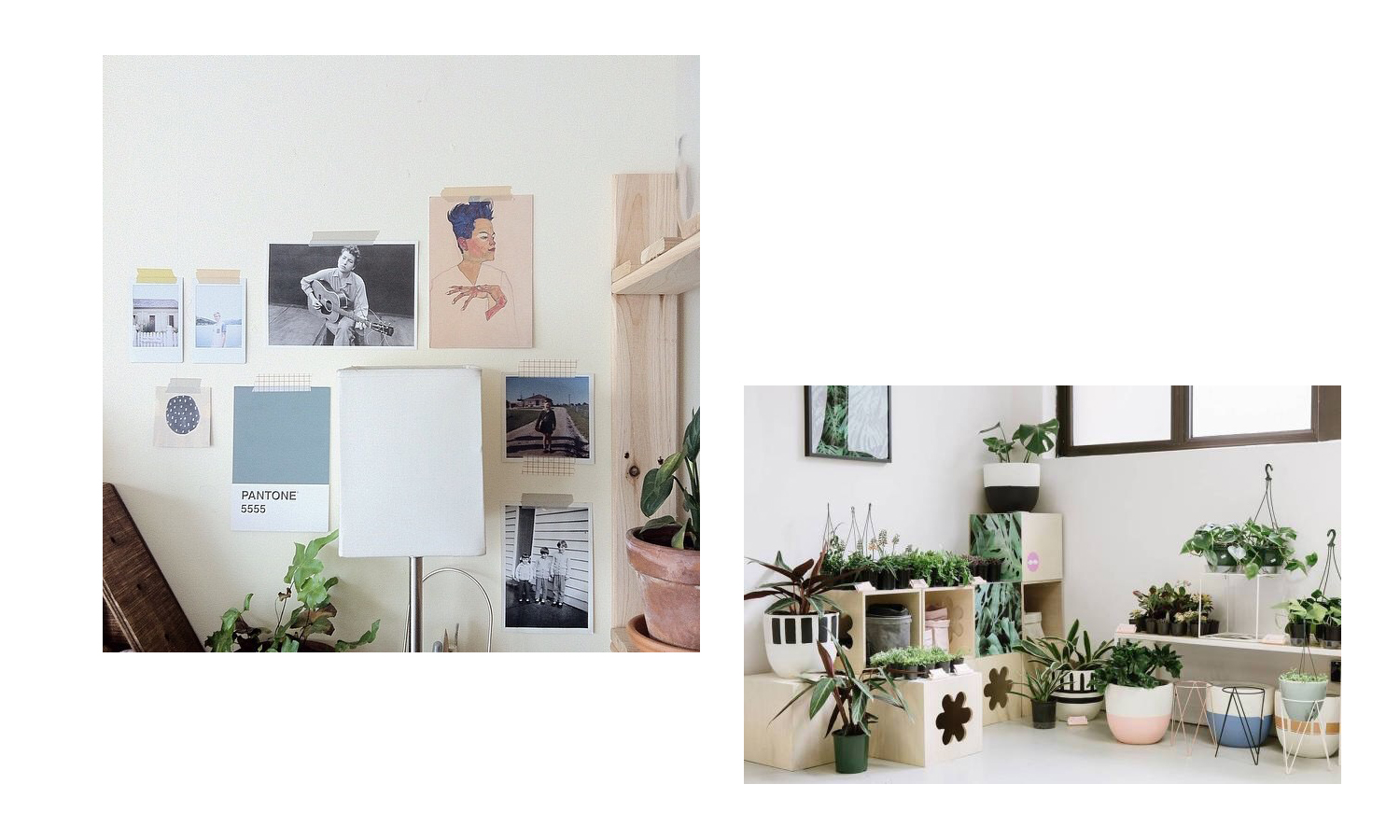
Now, this is a huge problem, not just for the person suffering, but for the world at large. Today, 71% of Millennials are described as being disengaged at work. That’s almost 3 out of 4. And it makes us the least engaged generation in the workforce today despite the fact that this is something we care so much about. And the big problems of today’s world are simply not going to be solved by a disengaged apathetic workforce.
/ Dette er et stort problem, ikke bare for den personen som lider, men for verden som helhet. I dag er 71% av Millennials beskrevet som lite engasjert på jobb. Det er nesten 3 av 4. Og det gjør oss til den minst engasjerte generasjonen i arbeidslivet i dag til tross for at dette er noe vi bryr oss så mye om. De store problemene i verden i dag kan rett og slett ikke bli løst av en apatisk arbeidskraft.
And this trend isn’t going away. If anything, it could get worse. By 2025, seventy percent of all employees are going to be made up of Millennials. And this epidemic which has been largely isolated to the developed world is going to spread globally as the internet and digital technologies continue to do so as well.
/ Og denne trenden går ikke vekk ved å knipse med fingrene. Tvert i mot kan det bli verre. I 2025 kommer 70% prosent av alle ansatte til å bli sammensatt av Millennials. Og denne epidemien, som i stor grad er isolert for den utviklede verden, kommer til å spre seg globalt, ettersom internett og digitale teknologier fortsetter å gjøre det også.
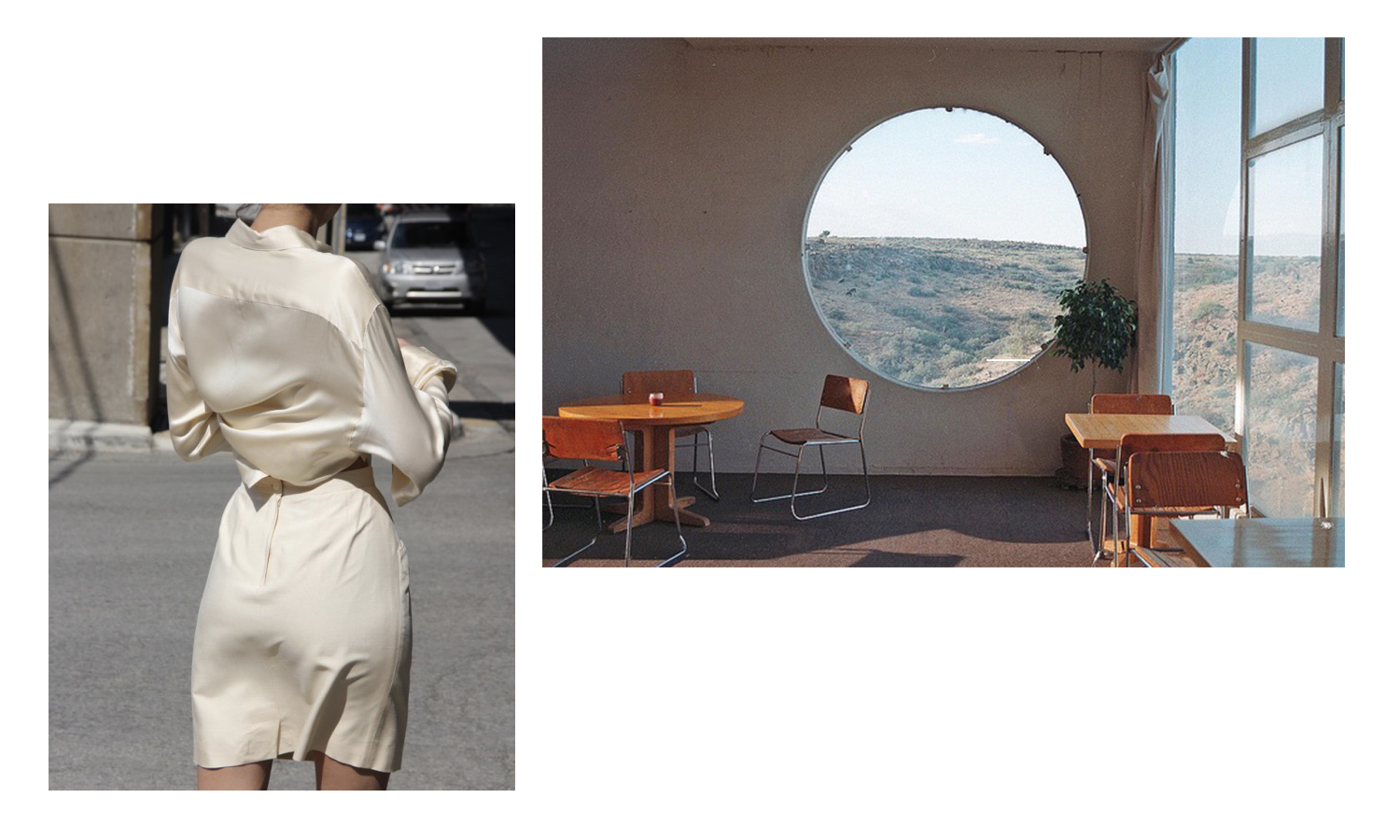
Now, I’m guessing that at this point some of you might be thinking something along the lines of “please, Millennials are just lazy, entitled, self-indulgent, phone addicts. They want the world served on a silver platter without anything to earn it.” I’m not going to argue that that story isn’t true, for some it is. But that doesn’t change the landscape of the working world has changed dramatically but that the tools and resources we give young people to navigate that world, have not.
/ Nå gjetter jeg at at noen av dere tenker noe i tråd med “Kom igjen, Millennials er bare late, berettigete, selvfornøyde, telefonavhengige. De vil at verden skal serveres på et sølvfat uten å jobbe for det.” Jeg kommer ikke til å argumentere mot det, for noen Millennials er faktisk det som ble nevnt. Men det endrer ikke det faktum at landskapet i arbeidsverdenen har forandret seg dramatisk og at verktøyene og ressursene vi gir unge til å navigere verden, ikke har det.
I know this to be true, because I live in it. When I graduated from High School, I was a young girl with as your grandma might say: “A bright future in front of me.” I got the top grades in school, I had a clear path, and I knew that I would study Clinical Psychology at the top university in Norway after travelling the world. But when I got home, my romantic relationship ended, and I woke up in my childhood bedroom every morning, everything changed. The journey prompted a major identity and existential crisis.
/ Jeg vet at dette er sant, fordi jeg lever i denne kvartlivskrisen akkurat nå. Da jeg ble uteksaminert fra videregående skole, var jeg en ung jente med det som bestemoren din kan si: “En lys fremtid foran meg.” Jeg fikk de beste karakterene, jeg hadde en klar vei videre, og jeg visste at jeg ville studere klinisk psykologi ved toppuniversitetet i Norge etter reisen min jorden rundt. Men da jeg kom hjem, innså at hele meg var forandret, det psykopatiske kjærlighetsforholdet mitt tok slutt, og jeg våknet opp på soverommet i barndomshjemmet mitt hver morgen, forandret alt seg. Jeg stod i en identitetskrise.
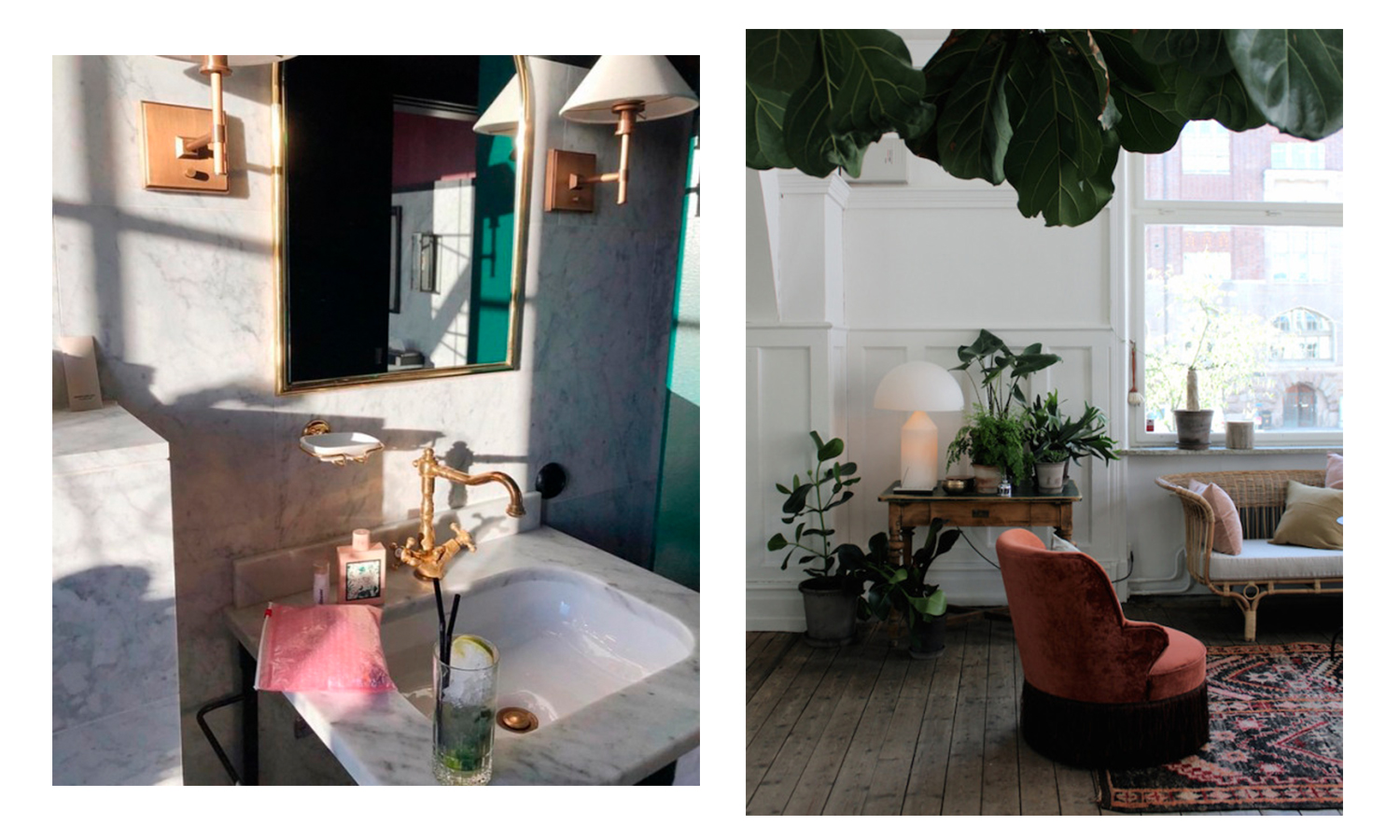
I started questioning my existence on earth, especially about my future plans. In addition, I tried to strategise my life and think: “Where do I want to be the next five or ten years from now? What study option will bring me closer to reach my full potential? What do I want to do and how will I get there?” After months, I still haven’t found THE answer to all of my questions.
/ Jeg begynte å stille eksistensielle spørsmål og spesielt om mine fremtidige planer. I tillegg prøvde jeg å strategisere livet mitt og tenke: “Hvor vil jeg være de neste fem eller ti årene fra nå? Hvilket studiealternativ vil bringe meg nærmere mitt fulle potensial? Hva vil jeg gjøre, og hvordan skal jeg komme meg dit?” Etter flere måneder har jeg fortsatt ikke funnet svaret på alle mine spørsmål.
Maybe that’s the whole point of the crisis. That you’ll just gotta go through it to find your way to the next chapter of your life? Maybe the whole point of the crisis is that it is meant to shake you? Meant to bring you to higher awareness? Meant to reflect upon philosophical questions to dig deep into your own heart and core? Maybe the quarter life crisis is about transition. Of, maybe down the path, one day, I will look back and think: Life IS transition. You’re never THERE, you’re always moving, you’re always growing. And that’s the way it should be. When it stops, you’re dead.
Men kanskje det er det som er hele poenget med krisen. At du bare må gå gjennom den for å finne veien til det neste kapitelet av livet ditt? Kanskje hele poenget med krisen er å riste deg? Ment å føre deg til et høyere nivå av oppmerksomhet? Ment å få deg til å reflektere over filosofiske spørsmål og ment å få deg til å grave dypt i deg selv for å finne ut hva du vil og hvem du er? Kanskje hele kvartlivskrisen er en overgang. Kanskje, en dag, vil jeg se tilbake og tenke: Livet ER en overgang. Livet ER et valg. Du er aldri DER du vil være, du beveger deg hele tiden, du vokser hele tiden. Og det er sånn det skal være. Når det stopper opp, er du så godt som død.
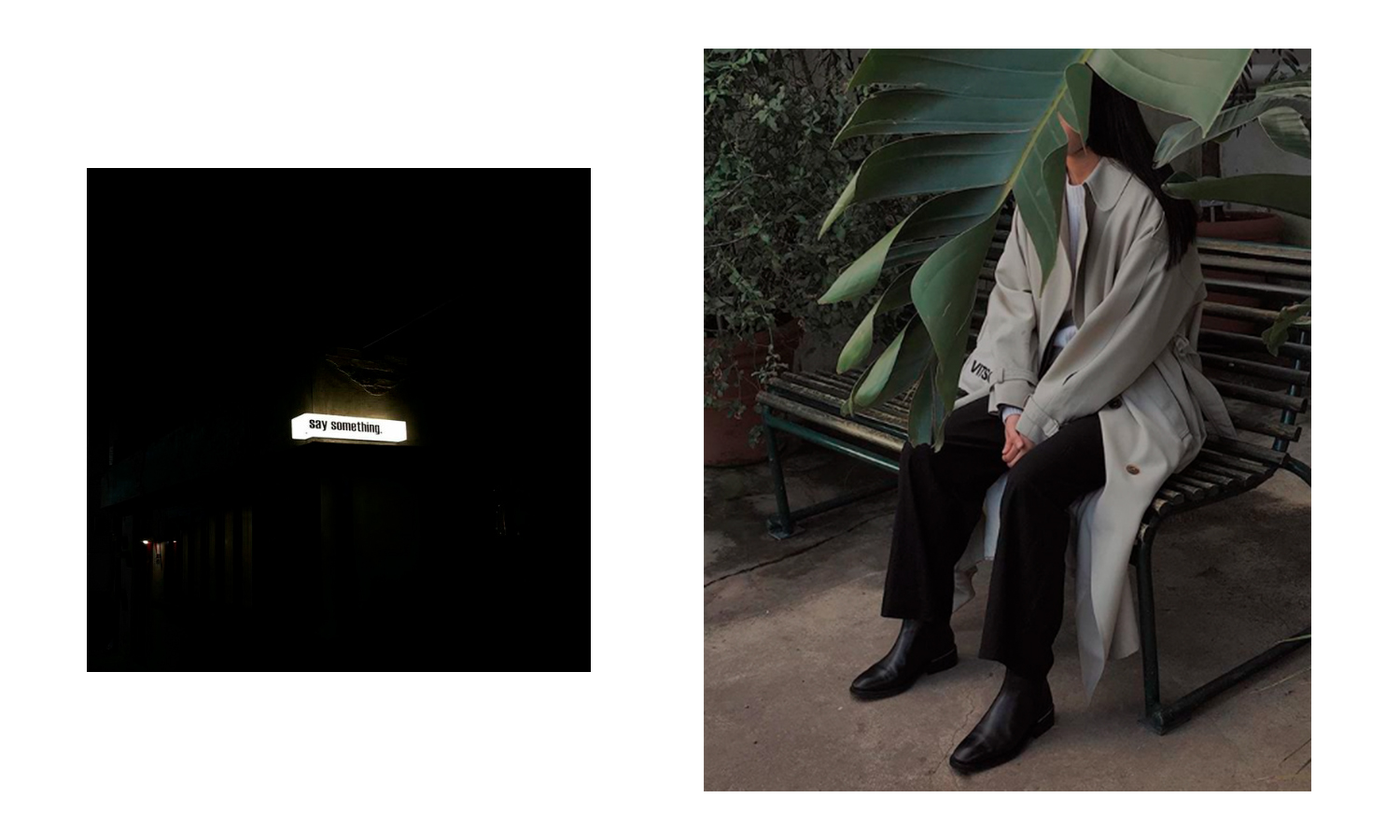
Hi Martine, just wanted to say I really enjoyed reading your blog. Your comment “existential crisis” was interesting. Do you think it’s a pervasive issue and a deeper problem, of :
* Literally not knowing what you really want, and
* Not wanting to figure it out
Have you ever heard or read this monologue :
How much does your life weigh? Imagine for a second that you’re carrying a backpack. I want you to feel the straps on your shoulders. Feel ’em? Now I want you to pack it with all the stuff that you have in your life. You start with the little things. The things on shelves and in drawers, the knick-knacks, the collectibles. Feel the weight as that adds up. Then you start adding larger stuff, clothes, table-top appliances, lamps, linens, your TV.
The backpack should be getting pretty heavy now. And you go bigger. Your couch, bed, your kitchen table. Stuff it all in there. Your car, get it in there. Your home, whether it’s a studio apartment or a two bedroom house. I want you to stuff it all into that backpack. Now try to walk. It’s kind of hard, isn’t it? This is what we do to ourselves on a daily basis. We weigh ourselves down until we can’t even move. And make no mistake, moving is living.
Now, I’m gonna set that backpack on fire. What do you want to take out of it? What do you want to take out of it? Photos? Photos are for people who can’t remember. Drink some ginkgo and let the photos burn. In fact, let everything burn and imagine waking up tomorrow with nothing. It’s kind of exhilarating, isn’t it?
Now, this is gonna be a little difficult, so stay with me. You have a new backpack. Only this time, I want you to fill it with people. Start with casual acquaintances, friends of friends, folks around the office, and then you move into the people that you trust with your most intimate secrets. Your cousins, your aunts, your uncles, your brothers, your sisters, your parents and finally your husband, your wife, your boyfriend or your girlfriend.
You get them into that backpack. And don’t worry. I’m not gonna ask you to light it on fire. Feel the weight of that bag. Make no mistake – your relationships are the heaviest components in your life. Do you feel the straps cutting into your shoulders?
All those negotiations and arguments, and secrets and compromises. You don’t need to carry all that weight. Why don’t you set that bag down? Some animals were meant to carry each other, to live symbiotically for a lifetime – star crossed lovers, monogamous swans. We are not those animals. The slower we move, the faster we die. We are not swans. We’re sharks.
BTW, your photography is awesome. Your travel photos are amazing. Hawaii & Bali were my favourites.
Later, Richard
Dear Richard,
What an amazing comment. Have sort of heard that monologue before – it’s really an eye-opener.
It’s important to remember that we’re all carrying that backpack, that invisible backpack with memories and people.
Thank you so much for following my blog, I really appreciate it.
Best regards,
Martine